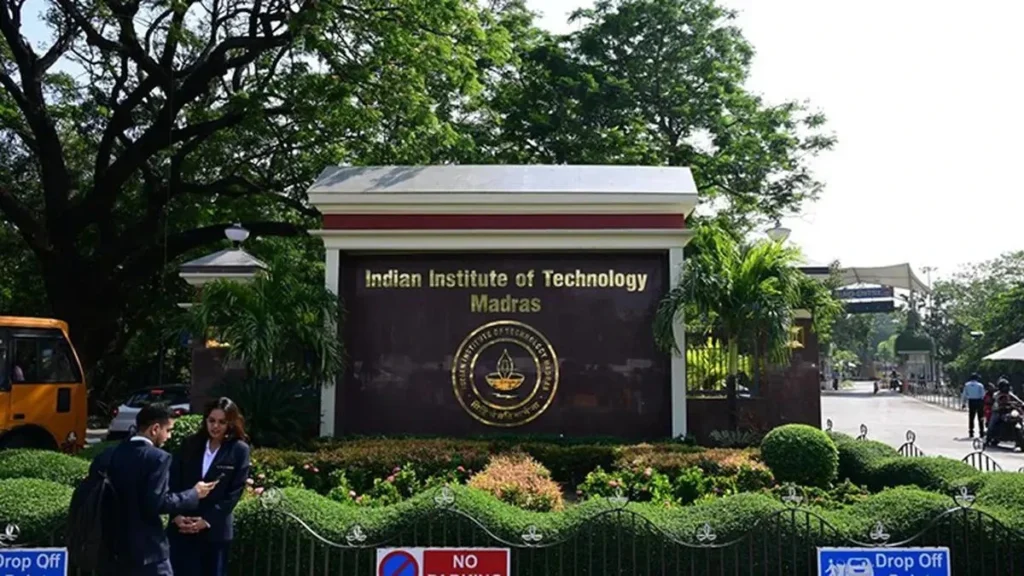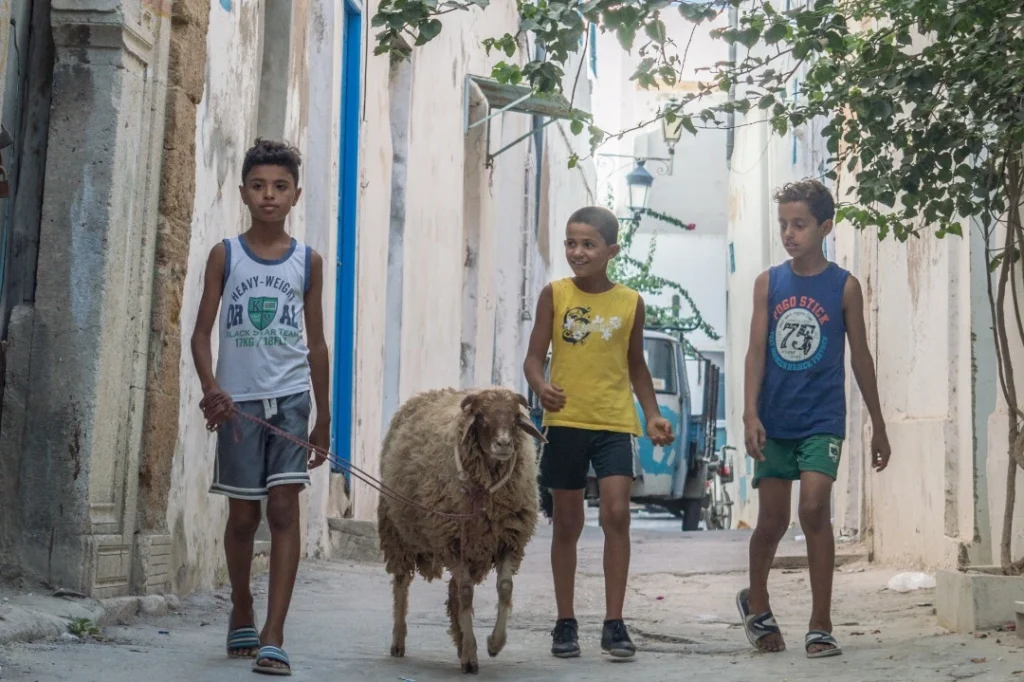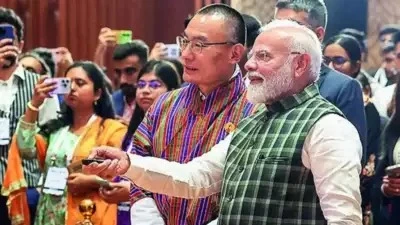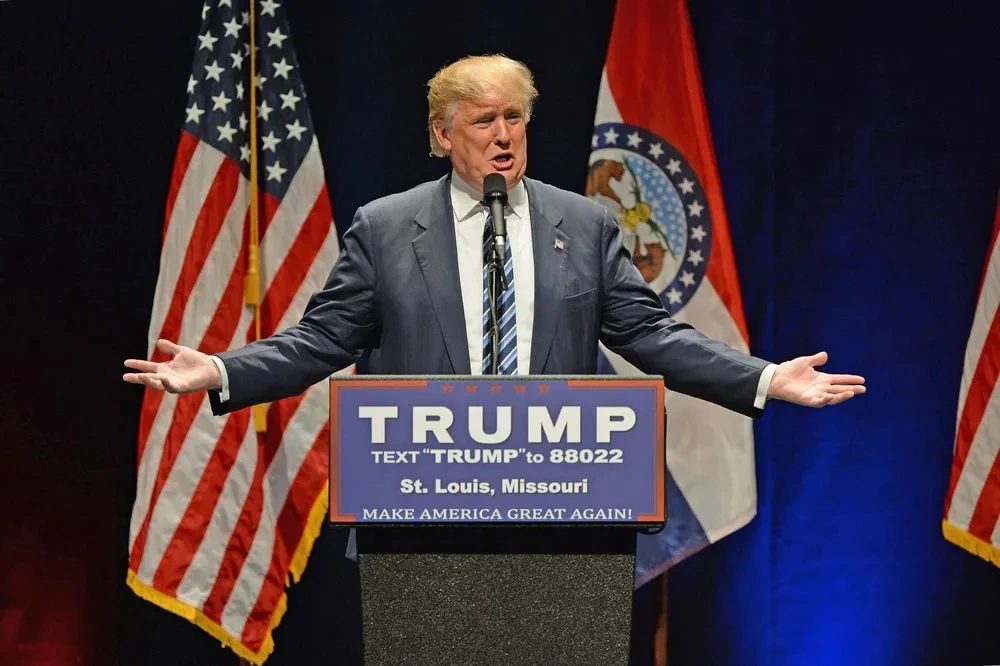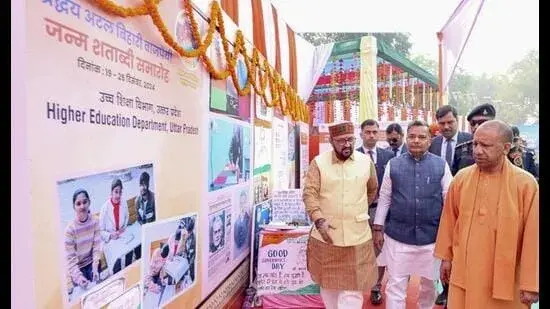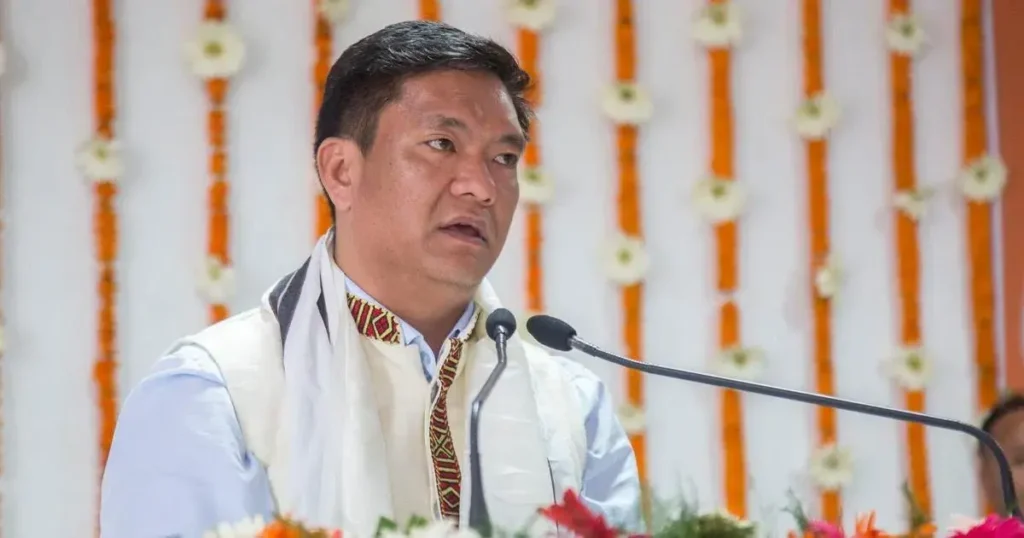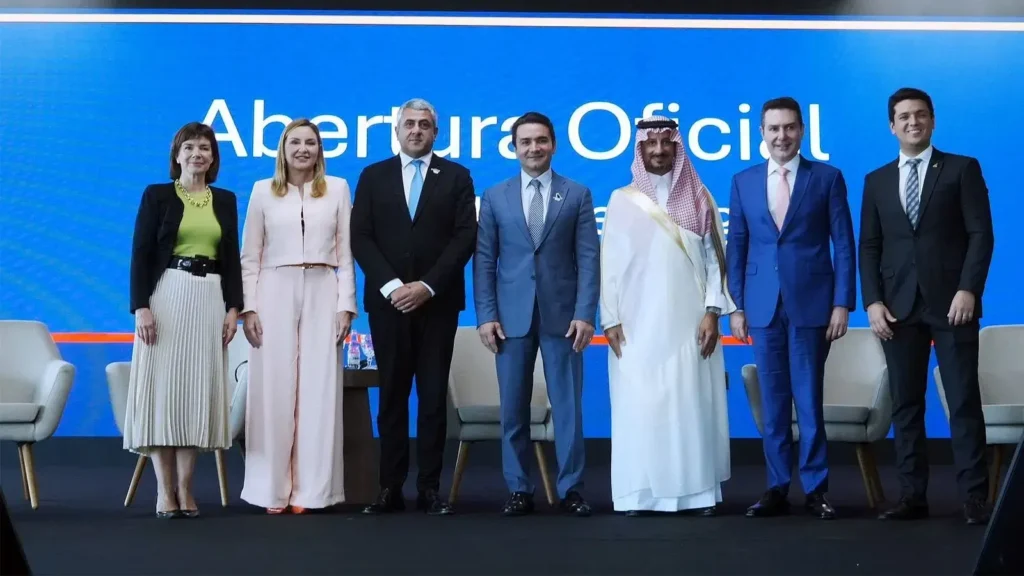Parliament Panel Seeks Legal, Tech Framework to Combat AI-Driven Fake News
A parliamentary panel has urged the government to put in place robust legal and technological mechanisms to track, identify, and penalize those responsible for spreading AI-generated fake news. In its draft report, the Standing Committee on Communications and Information Technology — chaired by BJP MP Nishikant Dubey — emphasized the need for a balanced use of Artificial Intelligence. While AI is being applied to detect misinformation, the report cautioned that the same technology can also generate and amplify it. The report has been submitted to Lok Sabha Speaker Om Birla and will be tabled in the upcoming session. The committee has recommended stronger coordination between the Ministry of Information and Broadcasting, the Ministry of Electronics and Information Technology (MeitY), and other concerned departments. Among its proposals are exploring licensing requirements for AI content creators and introducing mandatory labelling for AI-generated text, videos, and images. It also highlighted ongoing government-backed projects such as deep learning-based speech detection systems and software tools designed to identify deepfake videos and images. The MeitY has already set up a nine-member panel to study deepfake-related challenges. While ministries have cautioned that AI in its current state cannot independently fact-check complex issues, the committee suggested using AI as a first filter to flag suspicious content, followed by human verification. Calling fake news a “serious threat” to democracy and public order, the panel urged amendments in penal laws, higher fines, and greater accountability. It also suggested mandating fact-checking units and internal ombudsmen in all media organizations, while stressing that such measures should be built through consensus among stakeholders. Although committee recommendations are not binding, they often guide government policy due to their bipartisan weight. Source: PTI
Parliament Panel Seeks Legal, Tech Framework to Combat AI-Driven Fake News Read More »



